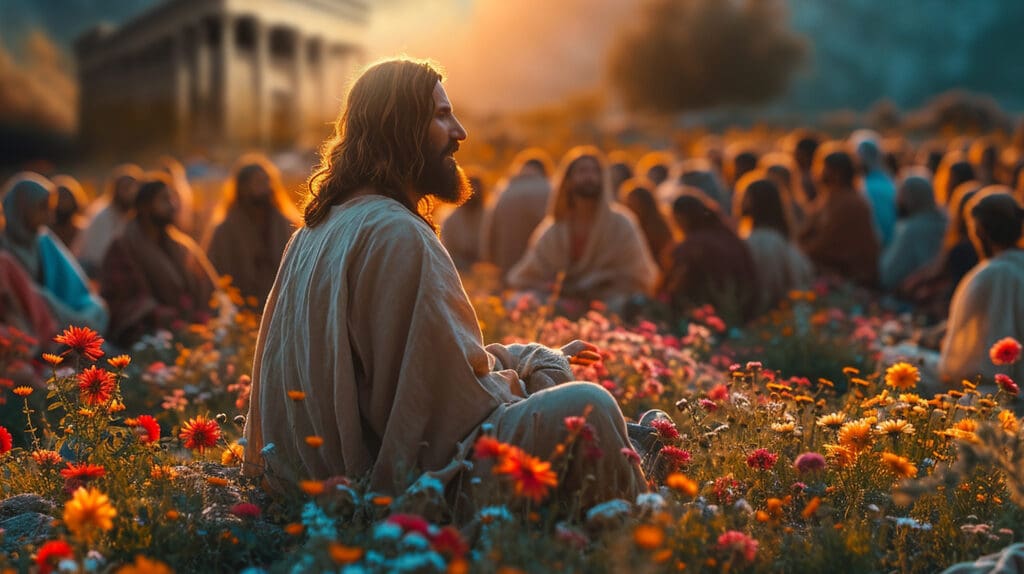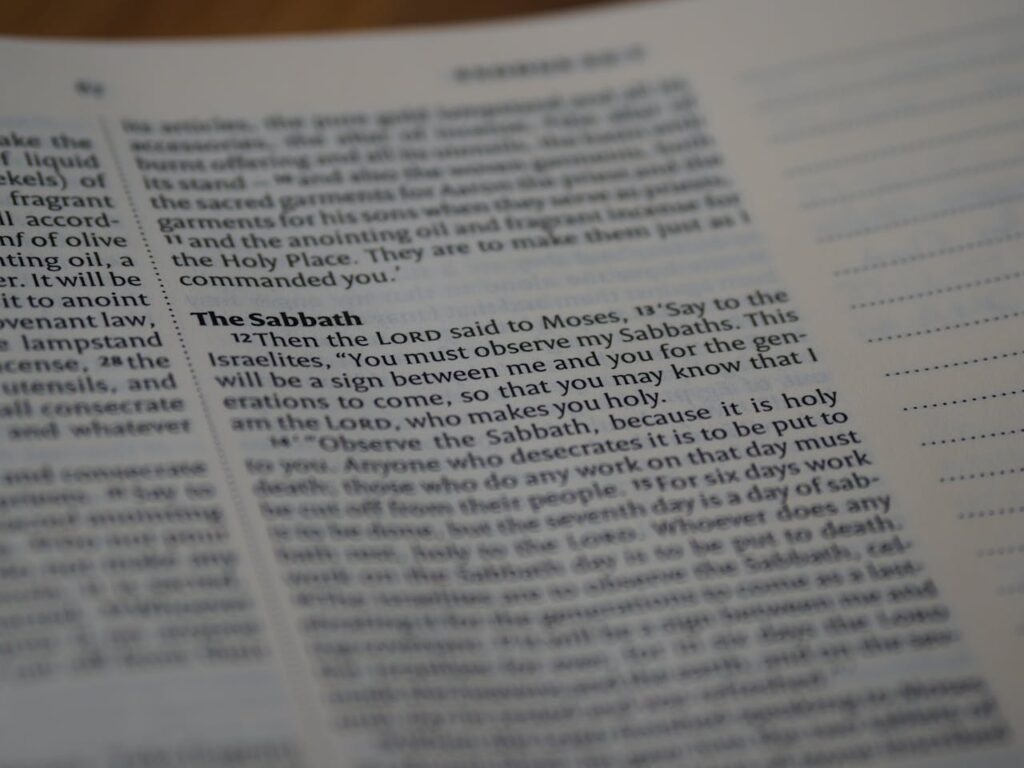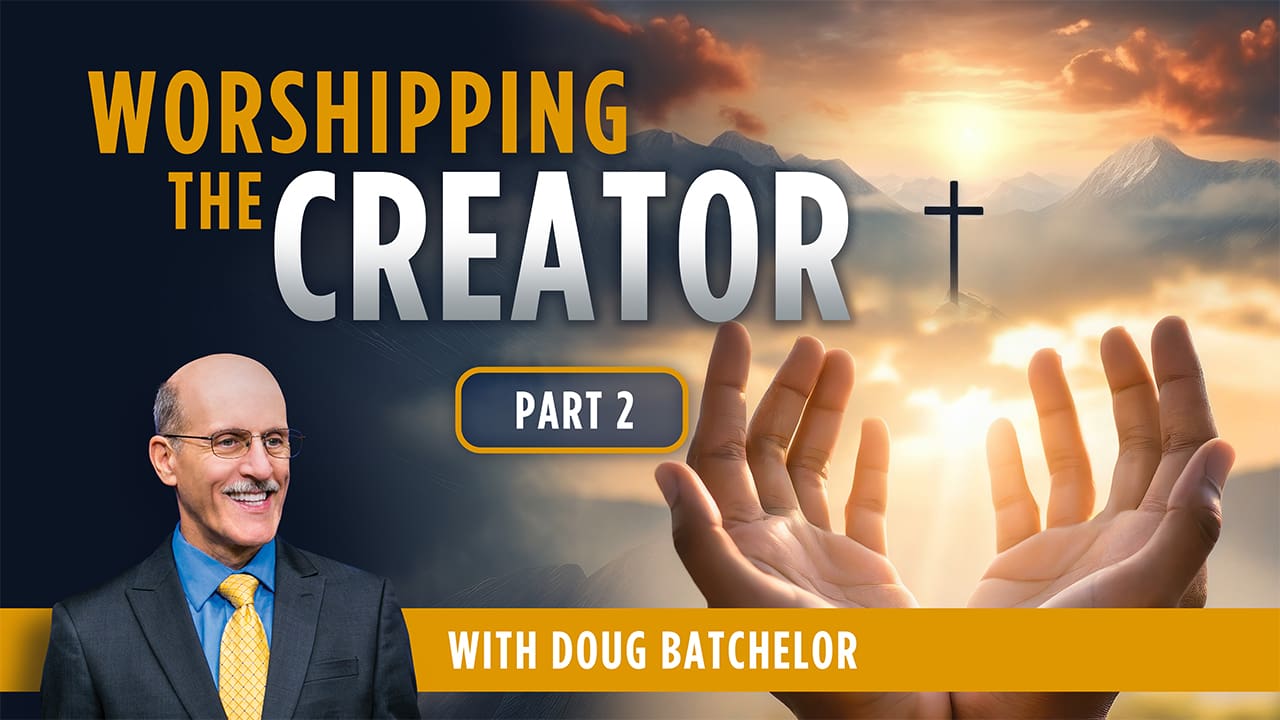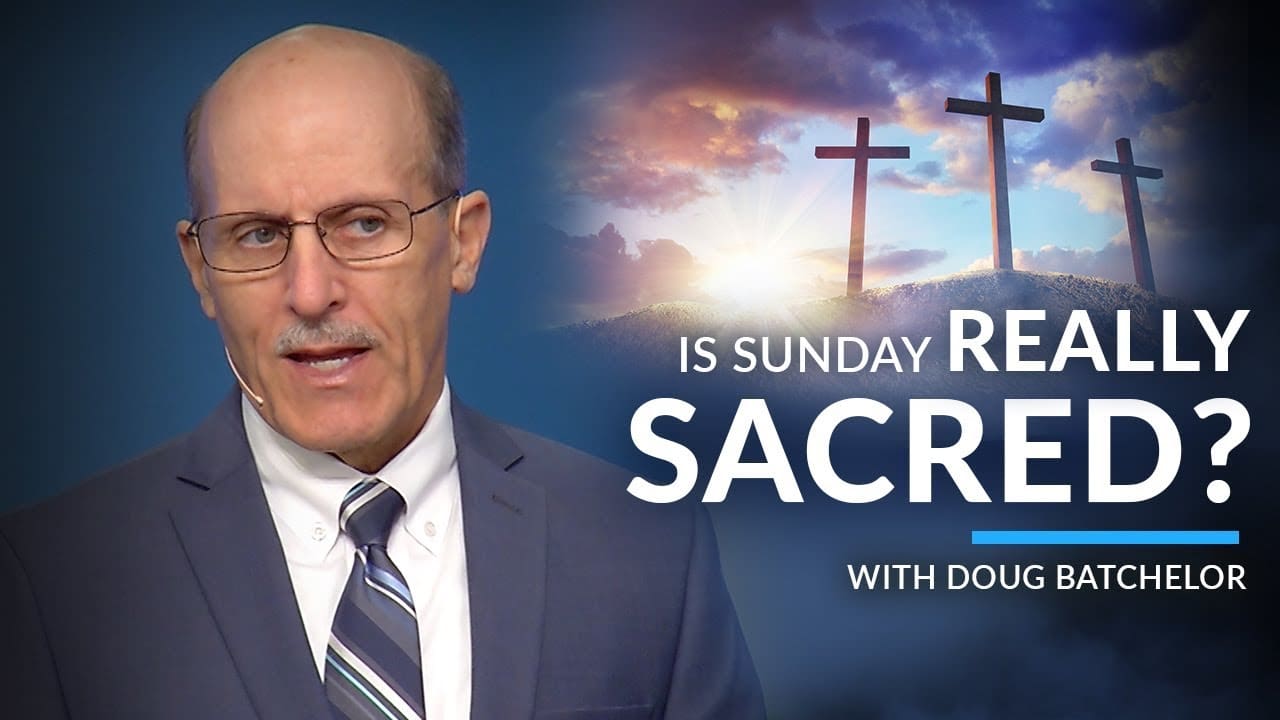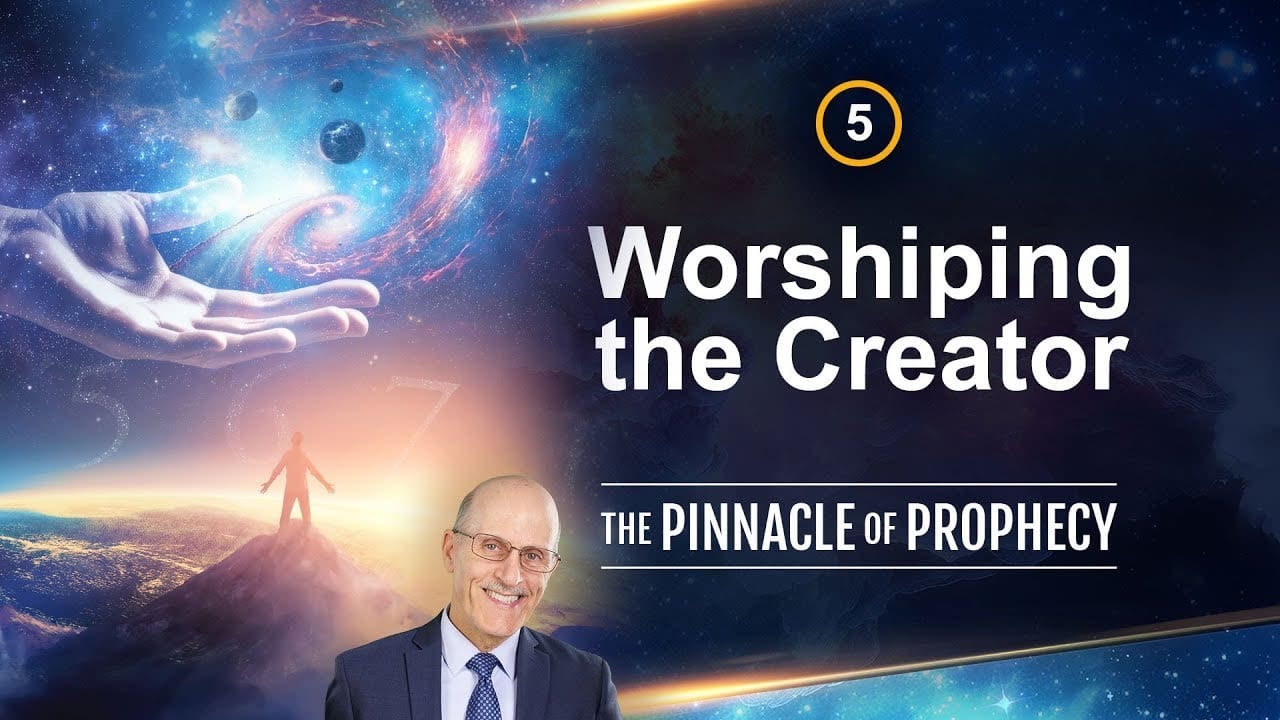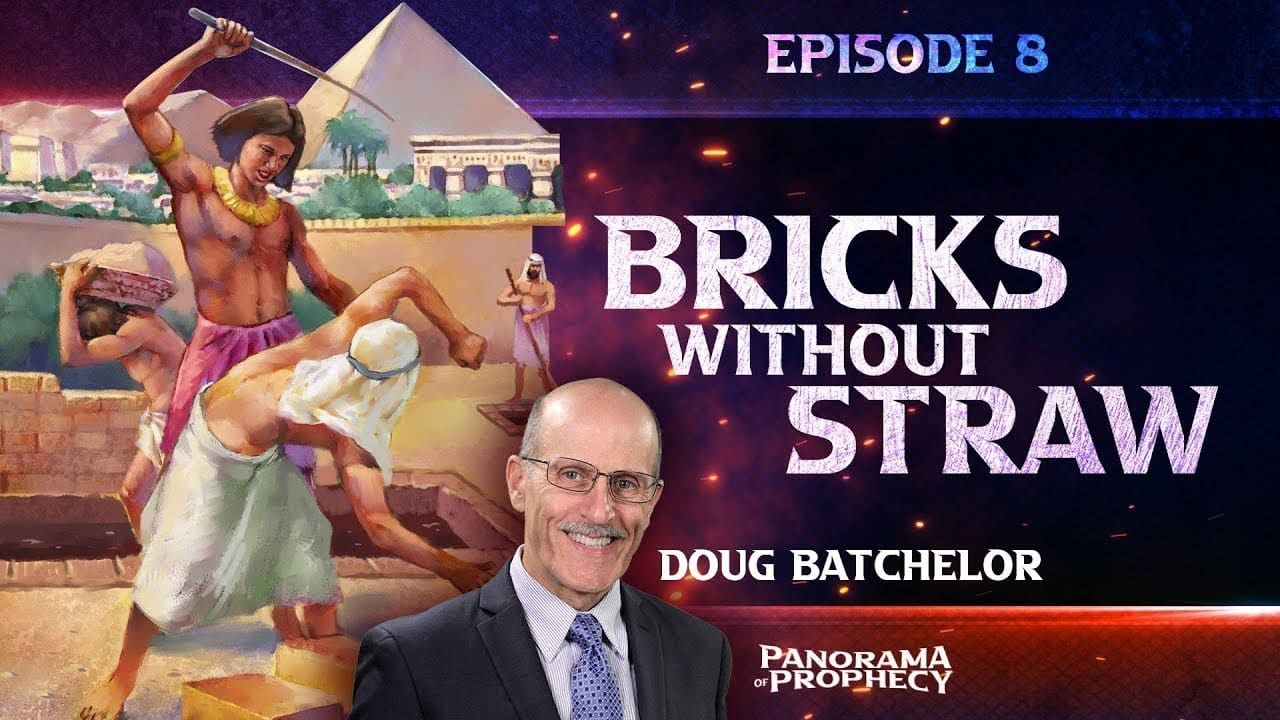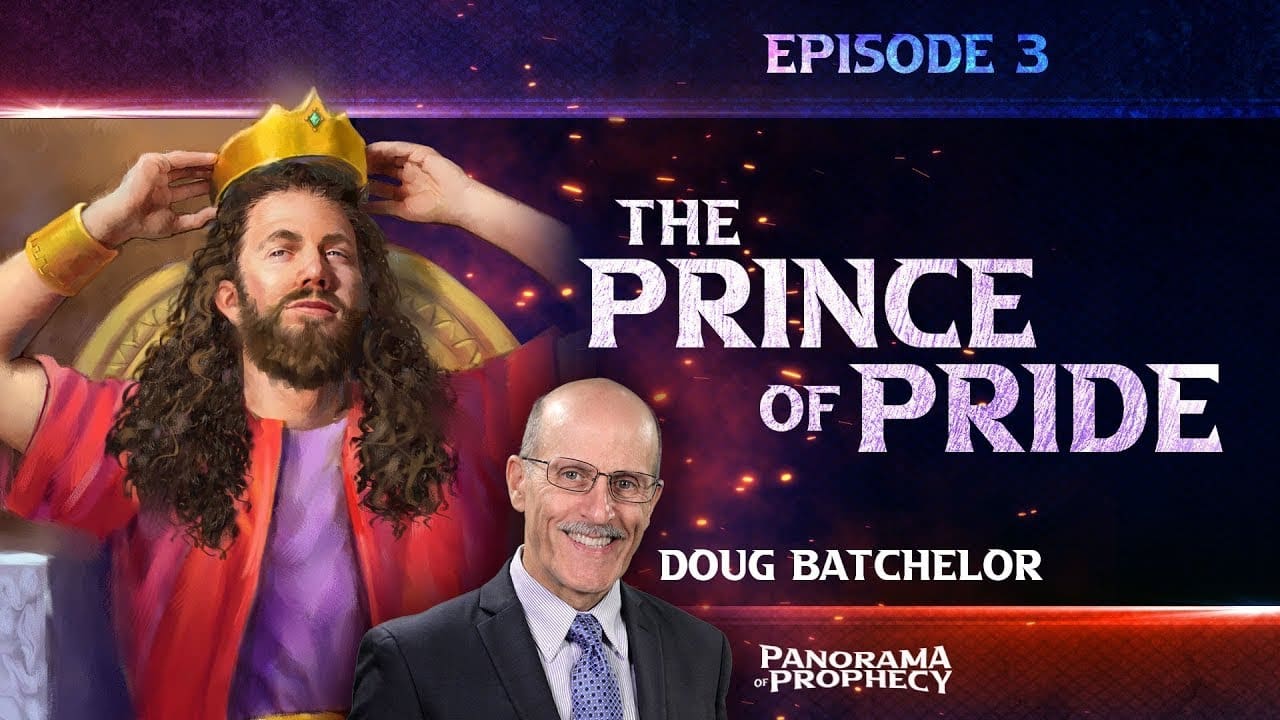When I first understood that God wanted me to keep the Sabbath, I was unsure of all the details. I wanted to know exactly what was acceptable and what was not acceptable on the Sabbath.
The Jews of Jesus’ day also wondered the same. They devised a stream of laws to help them keep the Sabbath more holy. Even today, many orthodox Jews will use the laws found in the Talmud (an extra-Biblical text) to define how to keep the Sabbath holy. Some of these laws include not playing music, drawing, colouring or writing on Sabbath. They are also not to carry a key, wallet or handkerchief.
What does the Bible say about how to keep the Sabbath holy?
First, we need to understand what makes the Sabbath holy in the first place. Is it human actions or words or the lack of them? No.
The first record of the Sabbath was at the end of the creation week. In Genesis 2:1-3 it says, “Thus the heavens and the earth, and all the host of them, were finished. And on the seventh day God ended His work which He had done, and He rested on the seventh day from all His work which He had done. Then God blessed the seventh day and sanctified it, because in it He rested from all His work which God had created and made” (Genesis 2:1-3).
The word rested is the Hebrew word shâbath, which is where the word translated into English as Sabbath (or Shabbat) finds its origins. Notice that God made it holy. Just like everything else in creation, it’s God who created the seventh day and made it holy.
What did God do when He rested? The word shâbath means: to desist from exertion, cease, celebrate, keep the Sabbath, suffer to be lacking, leave, put away or down, make to rest, rid, still, or take away.
Was God tired that He rested? No! Isaiah 40:28-29 says,
“Have you not known? Have you not heard? The everlasting God, the Lord, the Creator of the ends of the earth, neither faints nor is weary. His understanding is unsearchable. He gives power to the weak, and to those who have no might He increases strength”.
God had just created Adam and Eve and placed them in His beautiful garden. His next step was to cease all exertion and set aside time, a whole day, to spend with His people. This was part of His perfect plan for all humanity (not just Israelites) and for Himself in a sinless paradise. It was not only spiritual rest but also physical rest—just as He intended for us to experience.
Talking of the Sabbath’s creation, Jesus said, “The Sabbath was made for man, and not man for the Sabbath” (Mark 2:27). God did not make people so that He could be gratified by watching them rest and worship on the seventh day. He made us, and then made the hours to spend with us because He knew it would be a blessing.
It gives God great joy to spend that time with us. He steps outside of His eternal time, into the restraints of our time to spend quality time with us.
It is God stepping into the constraints of our time that made the first Sabbath holy and continues to keep it holy because it is God’s presence that makes things holy.
We see examples of this throughout scripture.
One day, when Moses was working as a Shepherd, he ventured near Mount Horeb with his flock when he saw an isolated bush on fire. Despite the flames, the plant was not burning up. Moses went to investigate (Exodus 3:1-3).

It was an ordinary bush, in an ordinary wilderness, and he was like any ordinary shepherd, but when Moses came near, he heard,
“Do not draw near this place. Take your sandals off your feet, for the place where you stand is holy ground”. (Exodus 3:5).
It had previously been like the rest of the landscape, but now it was holy. What made the difference? God had drawn close.
The same was the case with Mount Sinai. There is nothing peculiar about this mountain, but it also became holy when God descended onto it later in the Exodus story (Exodus 19:23).
The innermost room of the Old Testament Sanctuary was accessible to workmen during construction. Once it was finished, God’s presence filled it. Suddenly the whole of the Sanctuary became holy. Exodus 29:43-46 says,
“And there I will meet with the children of Israel, and the tabernacle shall be sanctified by my glory [presence and character]. And I will sanctify the tabernacle of the congregation, and the altar: I will sanctify also both Aaron and his sons, to minister to me in the priest’s office. And I will dwell among the children of Israel, and will be their God. And they shall know that I am the Lord their God, that brought them forth out of the land of Egypt, that I may dwell among them: I am the Lord their God”.
The sanctuary’s holiness meant that only priests sanctified by God could enter (Hebrews 9:7). No ordinary person was allowed access.
Isaiah 6:3 says that God is “holy holy holy”. Moreover, in Revelation 4:8, we are told that four living creatures around the throne of God, “do not rest day or night, saying: “Holy, holy, holy, Lord God Almighty, Who was and is and is to come!”
What does it mean to be holy? The original word for holy in Hebrew, qadowsh (as seen in Isaiah 6:3), means to be sacred, pure, sanctified, clean, consecrated and dedicated—both ceremonially and morally. The Greek word for holy, hagios (as it is in Revelation 4:8), is defined similarly.
When a word like holy is repeated like this in the Bible, the writer is emphasising its truth and importance. By repeating holy, it is clear that God’s holiness (in all its definitions) runs through Him, as our blood runs through our veins.
God is sacred, pure, sanctified, clean, consecrated and dedicated both ceremonially and morally.
God’s presence makes things holy. God makes places holy, people holy (Exodus 22:31, James 4:8, 1 Peter 1:16, 1 Peter 2:9, 2 Peter 1:21), and time holy (Genesis 2:1-3, Exodus 35:2, Nehemiah 10:31, Isaiah 58:13) through His presence. God’s drawing close during the Sabbath hours is what makes the Sabbath holy, holy, holy!
So, how do we keep the Sabbath Holy? We have to seek out the presence of God. How do we do this? Just as Moses had to draw near to God with the burning bush (Exodus 3:5) to experience the holy presence of God, we need to draw near to God. James wrote,
“Draw near to God and He will draw near to you. Cleanse your hands, you sinners; and purify your hearts, you double-minded” (James 4:8).
This nearness is a spiritual proximity to the character of God, as seen in the life of Christ. We get closer to God when we do what Christ did on the Sabbath.
Throughout the gospels, Jesus is recorded as attending the synagogue (church), preaching, and doing special acts of healing on the Sabbath. Luke 4:16 records, “So He came to Nazareth, where He had been brought up. And as His custom was, He went into the synagogue on the Sabbath day, and stood up to read” (italics supplied).
The rest of the week, we can be distracted by labouring and striving to do what we ‘need’ to keep our lives going. However, on the Sabbath, we are to set aside the entire day and acknowledge that God, through Christ, is all we really need. He is our joy, strength, holiness, and the One who truly does all the labouring! We can rest entirely, ‘sabbath,’ in Him.
We can meet with other Christians and spend hours in church on Sabbath, but never encounter our Lord and Saviour. We must carry Christ in our hearts, talk of Him, seek to be like Him, and bring Him to others. This requires much prayer and Bible study, and then a willingness to serve others for Him.
In Isaiah 58, God gives us an outline of what it means for us to keep the Sabbath holy.
“Is not this the kind of fast I have chosen: To loose the bonds of wickedness, to undo the heavy burdens, to let the oppressed go free, and that you break every yoke? Is it not to share your bread with the hungry, and that you bring to your house the poor who are cast out; When you see the naked, that you cover him, and not hide yourself from your own flesh?…If you turn away your foot from the Sabbath, from doing your pleasure on My holy day, and call the Sabbath a delight, the holy day of the Lord honourable, and shall honour Him, not doing your own ways, nor finding your own pleasure, nor speaking your own words, then you shall delight yourself in the Lord” (Isaiah 58:6-7, 13-14).
That is what it means to draw close to Christ on the Sabbath, and this is what it means to keep the Sabbath Holy.
How to keep the Sabbath holy requires both individual and corporate worship experiences. In Leviticus 23: 3, it records this of the Seventh-day Sabbath,
“Six days shall work be done, but the seventh day is a Sabbath of solemn rest, a holy convocation. You shall do no work on it; it is the Sabbath of the LORD in all your dwellings.”
A holy convocation is a corporate worship experience. This means that we are meant to gather with fellow believers.
Proverbs 27:17 says, “As iron sharpens iron, So a man sharpens the countenance of his friend.” Then, in 2 Peter 1:20 it says, “Knowing this first, that no prophecy of Scripture is of any private interpretation.” Each of us has unique perspectives on scripture and Christ. As we worship with others, we can keep gaining a better understanding of Christ and His character. Thus, in a corporate worship experience, we can draw closer to Christ than if we were to remain by ourselves. This also helps us keep the Sabbath Holy.
You ask, how to keep the Sabbath Holy? We keep it holy by keeping Christ. We keep Christ by spending time with Him, learning about Him, following His example, and sharing Him with others.
Sign up for free bible studies


